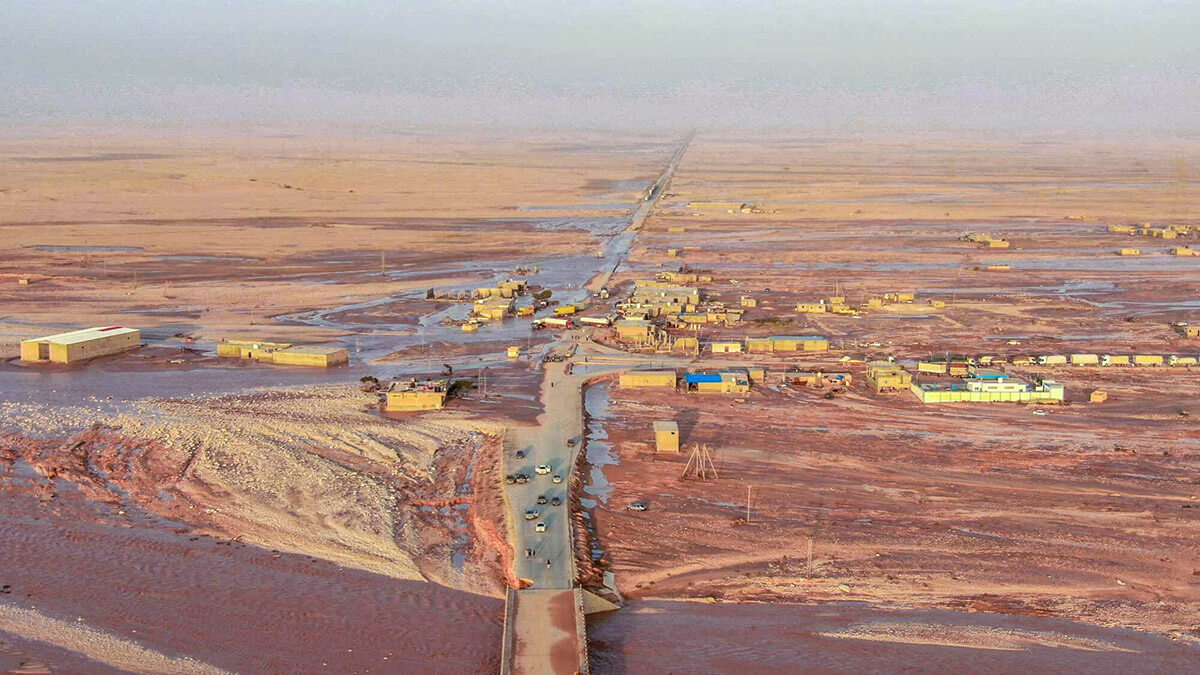The ten sub-Saharan African countries that will experience GDP growth in 2024

According to the International Monetary Fund's (IMF) Navigating Global Divergences report, which analyses the world's economies as a whole, Niger ranks first in Africa, showing the most remarkable progress among developing African economies.
Based on real GDP growth forecasts in 2024, Niger's GDP is estimated to reach 4.1% in 2023 and 11.1% in 2024, rising to 11.9% in 2022, according to the IMF study published in October.
In second place is Senegal with a forecast increase of more than double, reaching 8.8% in 2024 compared to 4.1% in 2023 and 4% in 2022.
In Libya, ranked third, the IMF notes a considerable change; after registering a negative growth rate of -9.6% in 2022, the country's GDP will reach an increase of 12.5% in 2023 and 7.5% in 2024.

In fourth and fifth place come Rwanda and Côte d'Ivoire, where they are expected to grow by 7 and 6.6% respectively in 2024.
Burkina Faso and Benin have similar growth forecasts of 6.4% and 6.3% respectively. This places them sixth and seventh on the IMF's Africa-wide list.
The Gambia, Ethiopia and Tanzania have growth projections of 6.2%, 6.2% and 6.1% respectively.

As for the estimated real GDP growth in 2024 for the most advanced African economies such as Nigeria, South Africa and Egypt, the rate will be 3.1, 1.8 and 3.6% respectively, according to IMF forecasts.
The same IMF report revealed that growth in the group of diversified economies such as Côte d'Ivoire, Senegal, Kenya and Rwanda, sustained by consumption and investment, could reach up to 6% in 2024. In contrast, commodity-exporting countries such as Nigeria, Angola and South Africa do not exceed a growth rate of 3.2%.

As IMF managing director Kristalina Georgieva stated in her last keynote speech in Abidjan, Côte d'Ivoire, Africa is a very important factor in the development of the economy today. In the same vein, she confessed that "a prosperous 21st century requires a prosperous Africa and the more we help the region to move forward, the more resilient the global economy will be".
Georgieva recomienda también invertir más en capital humano, mejorar la gestión de los recursos naturales y promover la diversificación de la economía como solución ideal que contribuye muchísimo al desarrollo de todos los sectores económicos en estos países subsaharianos al igual que los demás países del planeta.










